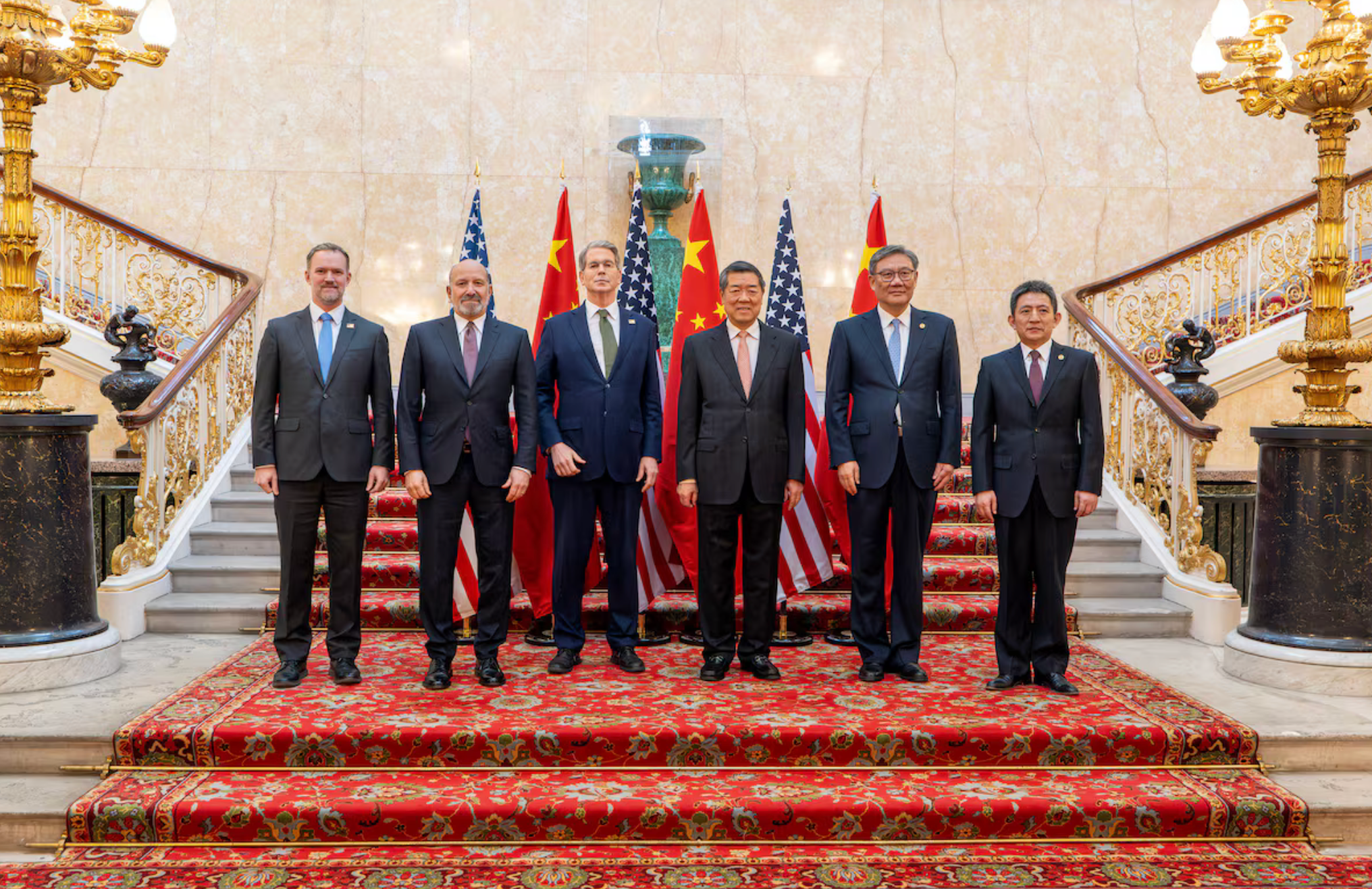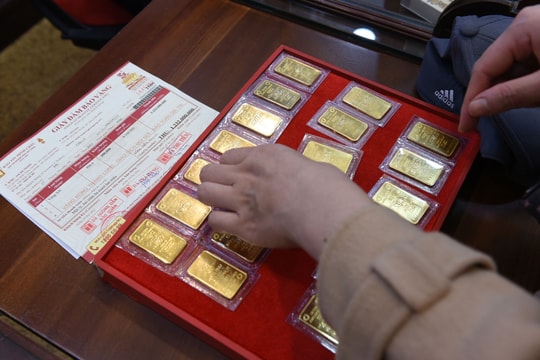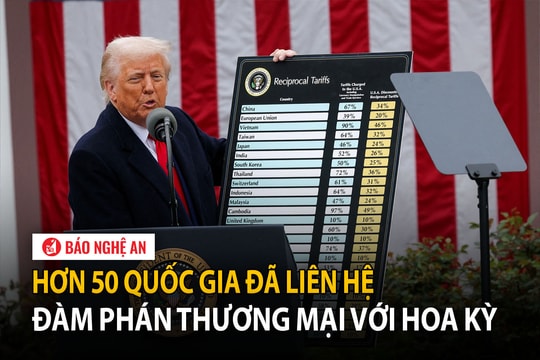US-China trade talks in London: Seeking breakthrough on export controls on second working day
Senior US and Chinese officials will resume trade talks for a second day in London on June 10, hoping to reach a breakthrough on export controls on critical commodities such as rare earths that threaten to shock global supply chains and slow economic growth.

Investors are hoping the two superpowers can improve relations after the positive signals from a preliminary trade deal reached in Geneva last month have been overshadowed by new doubts stemming from Washington’s accusations that Beijing has blocked exports of items vital to sectors such as autos, aerospace, semiconductors and defense.
The talks come at a crucial time for both economies. Customs data showed China's exports to the US plunged 34.5% in May, the steepest decline since February 2020, when the COVID-19 pandemic upended global trade.
While the impact on US inflation and the jobs market has been limited so far, the dollar is still under pressure from Washington's policies.
The two delegations met at the historic Lancaster House mansion in the British capital on June 9 to discuss disagreements surrounding the Geneva agreement, and are expected to continue working on the morning of June 10 before both sides issue an update.
The US delegation was led by Treasury Secretary Scott Bessent, Commerce Secretary Howard Lutnick and US Trade Representative Jamieson Greer, while the Chinese delegation was headed by Vice Premier He Lifeng.
The presence of Mr. Lutnick, the head of the agency that oversees U.S. export controls, is a testament to how central the issue has become to rare earths. China now holds a near-monopoly on rare earth magnets, a key component in electric vehicle motors.
Mr. Lutnick did not attend the talks in Geneva, where the two countries reached a 90-day agreement to gradually roll back some of the triple-digit tariffs they have imposed on each other.
President Trump's sometimes unpredictable tariff policies have roiled global markets, caused congestion and chaos at major seaports, and cost companies tens of billions of dollars in lost sales and higher costs.
The second round of talks comes four days after a phone call between President Trump and President Xi Jinping – the first direct exchange between the two leaders since Trump took office on January 20.
After the call, Mr. Trump said Mr. Xi had agreed to resume shipments of magnets and rare earth minerals to the United States.
Reuters news agency also reported that China has granted temporary export licenses to rare earth suppliers of three leading US automakers.
However, tensions remain high over export controls, as factories around the world begin to worry that they will not have enough raw materials to keep operating.

.png)



